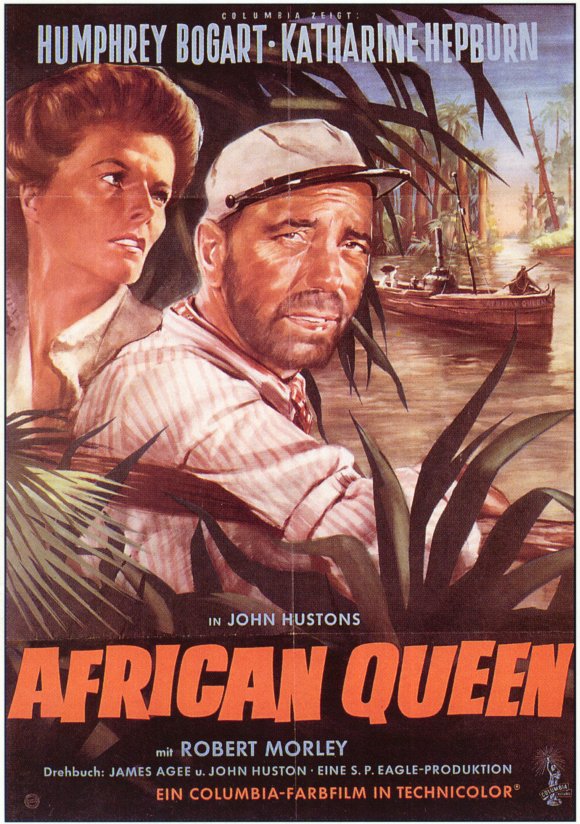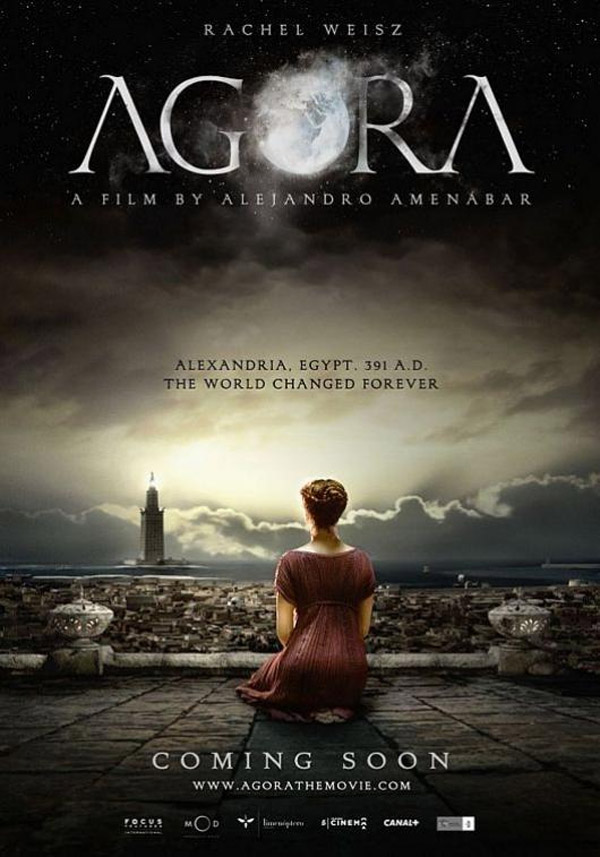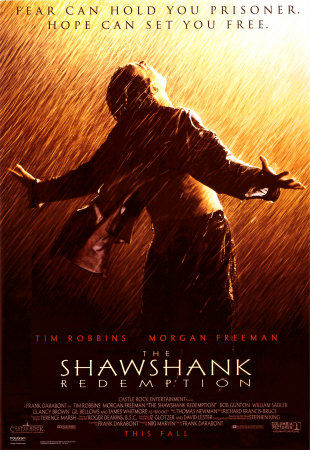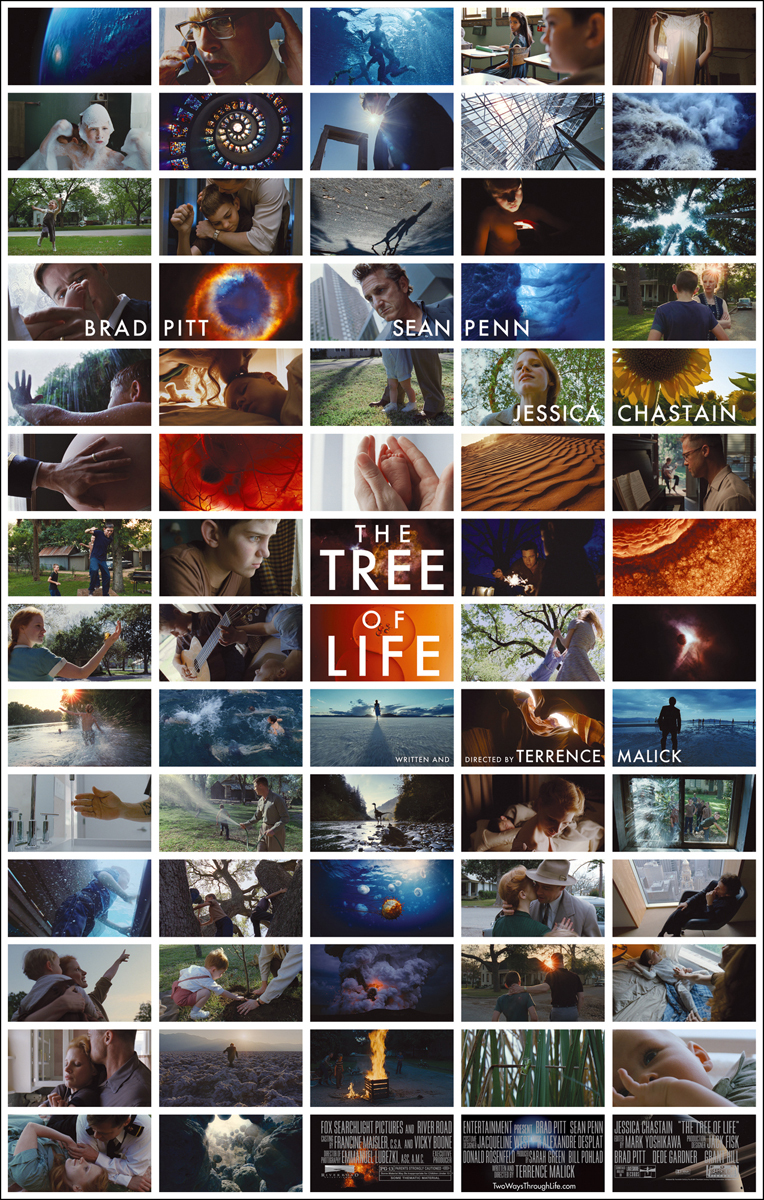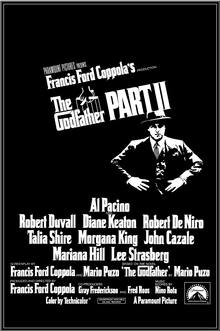2 Academy Award Nominations
directed by Nicholas Hynter
starring Daniel Day-Lewis, Winona Ryder, Paul Scofield, Joan Allen
You can usually tell a movie is a play adaptation based on the quality and the focus on the characters. The actors are at the heart of The Crucible, driving the compelling nature of the film. Daniel Day-Lewis makes one of his rare appearances as the central John Proctor, while Winona Ryder is brilliantly deranged as accuser Abigail Williams. Even more than the commentary on groupthink, their performances demand attention.
Said commentary does prove fascinating, however. One of the more painful scenes was Marry Warren's (Karren Graves) attempts to explain the absurd actions of her fellow accusers. She has broken free from the pressure and the drama, and realizes the fabricated nature of their strange experiences...yet without an understanding of social psychology, she is unable to answer for behavior such as group-wide cold spells and fainting. I yearned to yell at the screen and wave my entry-level psychology textbooks in their faces, but there is no persuasion for such madness. I only found myself heartbroken for the generations who succumbed to such superstition without the comprehension that we take for granted today, just as Mary did in her ultimate surrender to societal pressure and psychological warfare.
And, thankfully, this historical interpretation does not fall on the superstitious side. It offers naturalistic and psychological explanations for the insanity that befell the devout town; explanations that certainly do not contradict historical fact and, for the most part, seem to offer an extremely probable explanation. They do take liberty with the characters, however, aging up the antagonistic Abigail to make her affair with Proctor believable. (In reality, she was 12; here she is 17.) Here, I think, is the story's greatest blow at credibility. It would have been fascinating to explore the damaging effects of the society and the vulnerable nature of a child's mind; instead, Abigail is our designated villain, an angry ex-lover motivated by revenge and power. The power part is interesting - it's no coincidence that the first accusers were young girls, otherwise disenfranchised in their Puritanical society. Neither is it a coincidence that their victims were also female, and outcasts at that. But rather than explore this thread, the movie chalks up the worst of the accusations to mere romantic jealousy. In a story about the Salem Witch Trials, I expected the story to focus more on the women involved, and perhaps present us with a three-dimensional female figure or two. But I guess we just have to have our white male protagonist.
The story's ties to McCarthyism are also worth exploring. Arthur Miller wrote the play in 1953 as a direct response to Communist "witch hunts" by going back to the source - America's own literal witch hunts, a black mark on the conscience of the country's history. "Witchcraft is an invisible crime," notes Judge Danforth, but this correct assessment only encourges the unfounded villainizations. This took place in a small town before the Union of the States under the Constitution; here, theocracy ruled. This was not the case in the 1950s. In a nation protected by a Bill of Rights, such accusations of thoughtcrime are unthinkable. When Freedom of Speech and Freedom of Assembly are protected rights, how can the government profess to restrict freedom of thought? Such a thing cannot even be traced - and yet the U.S. government tried their hardest, eventually convicting Arthur Miller himself on suspicions of communism. (He was spared from prison by an appeal.) How can one be innocent until proven guilty when accused of an unprovable crime? How can an old decrepid man defend himself against claims that he sent his
soul out to do his wicked deeds for him, as one of the Salem girls attests? Such practices make a mockery of justice.
John Proctor stands as a model of this at the film's end. No matter the insanity of their accusation, no one can take away your ability to acknowledge the truth - even if only internally. But he refuses to keep his conviction quiet. His actions seem to paint him as a marytr, but yet...his acceptance of his execution seemed less about the defense of sanity that brought him to the scaffold, and more about his resiliently guilty conscience. Despite the overtones of sacrifice, I just can't condone his final decision. His wife had forgiven him his adultery, his Protestant God certainly would not be loath to forgive either, and by that point, the whole town was beginning to recognize the proceedings as the farce that they were. I'm more inclined to agree with Reverend Hale, who reverses his former suspicions of witchraft and urges the condemned to confess and be freed, proclaiming the sanctity of human life above all. Elizabeth Proctor calls his argument against hypocrisy the "devil's argument"; for myself, I find little value in John's adherence to honor. (
Eddard Stark, take notice.) But, of course, the story must end this way: doomed heroes, reciting the Lord's Prayer, winning the tearful and regretful hearts of Salem with their final words.
But what if it didn't? What if they valued their lives over this unjust sacrifice to madness?
It's a difficult moral quandrary, as Elizabeth points out, and it strikes at our deepest notions of selfishness and meaning, justice and duty. I can only hope that in our psychology-literate society, such decisions will never have to be made for the sake of such inanity.

-poster-846033.jpg)
